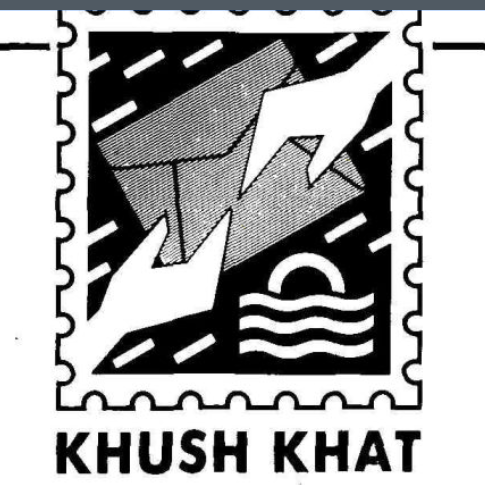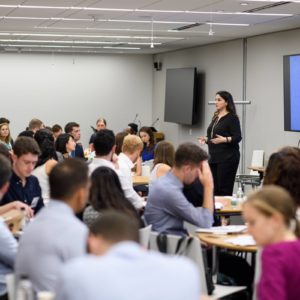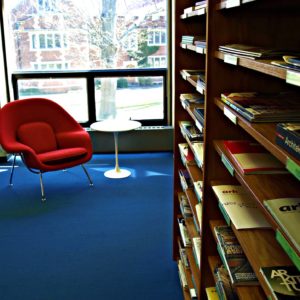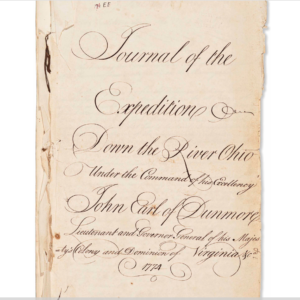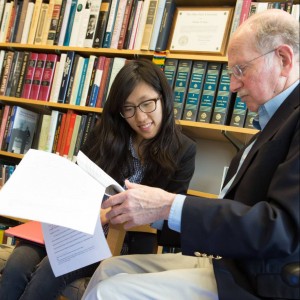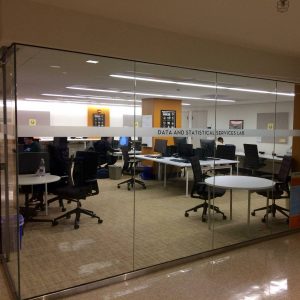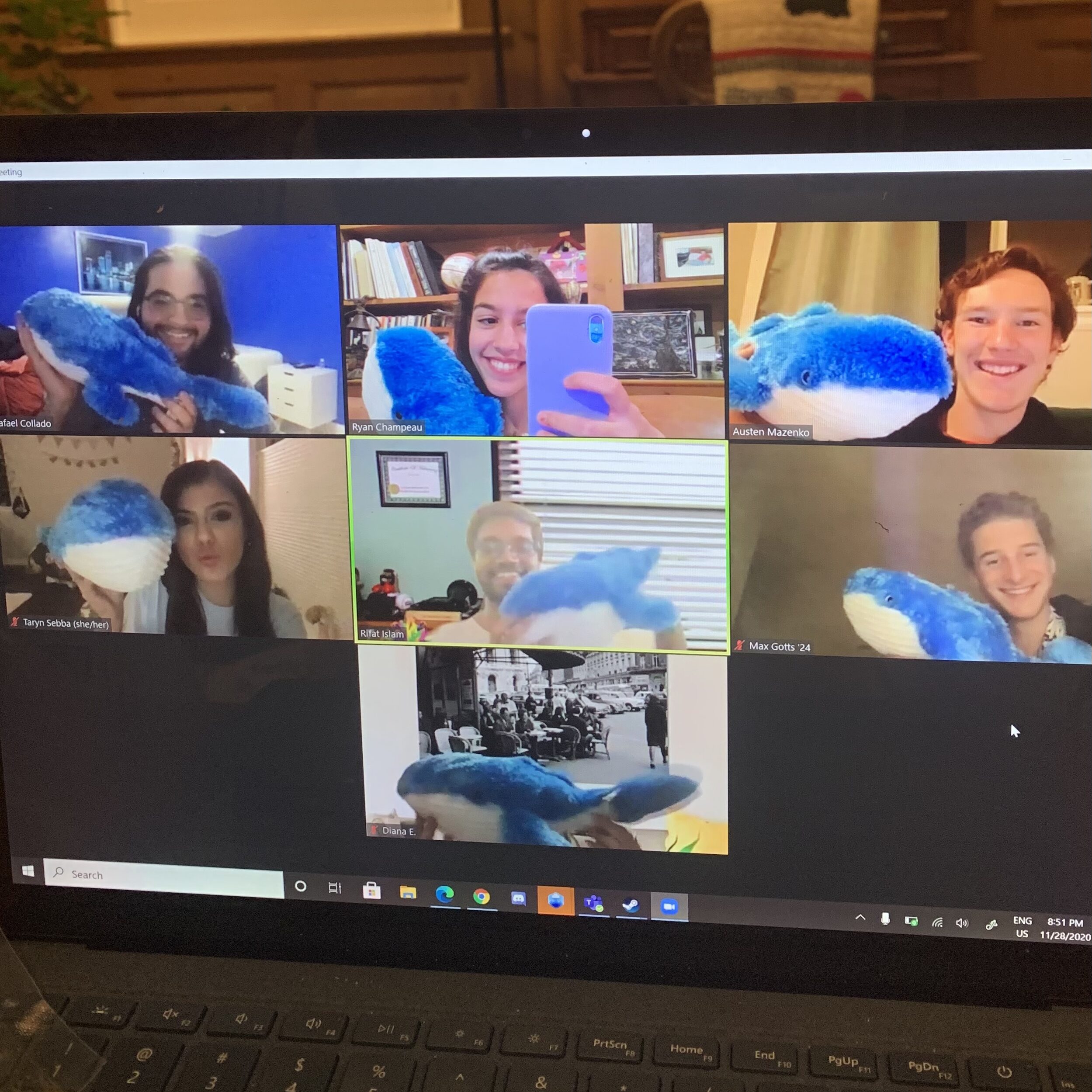
It has been about a year since the world turned upside down and Princeton as we know it changed completely. Most students returned to campus this spring, hoping to feel a piece of what Princeton once was. However, many other students stayed home due to safety concerns, or because they knew Princeton wouldn’t be the same. Regardless of the decision, I know that many students, myself included, feel FOMO and like we are missing out on what our four years should have been, both intellectually and socially. However, there is a silver lining. There are ways to stay engaged academically wherever you are, conduct research, and make new connections. So without further ado, here are 6 ways to reduce your Princeton FOMO and make the most of this semester:
Continue reading Say Goodbye to FOMO: Making the Most of Your Virtual Experience at Princeton

